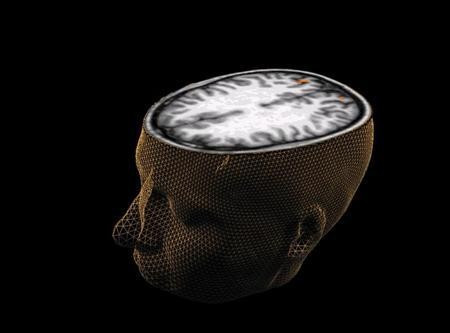Easter Island Drug Could Prevent Memory Decline With Age

Cognitive skills such as learning and memory diminish with age in everyone. Scientists have found a drug that could prevent age-related memory decline.
Scientists from the University of Texas Health Science Center San Antonio have found that rapamycin drug could prevent memory decline. Rapamycin is a product of the bacterium taken from the soil in Easter Island. This drug is useful in kidney transplants and it prevents organ rejection.
Texas scientists had conducted a study on mice and found the drug could prevent memory decline.
During the study, scientists added rapamycin to the diet of healthy mice throughout the rodents' life span. They found that rapamycin enhanced learning and memory in young mice and improved memory power in old mice.
"We made the young ones learn and remember what they learned, better than what is normal," said Veronica Galvan, assistant professor of physiology at the UT Health Science Center, in a statement. "Among the older mice, the ones fed with a diet including rapamycin actually showed an improvement, negating the normal decline that you see in these functions with age."
The drug also lowers anxiety and depression-like behaviour in mice. Galvan claims that anxiety and depression are factors that impair human cognitive performance.
To know the anxiety and depression in mice, scientists conducted some experiments on mice. Scientists sent a group of mice into an elevated maze of tunnels that ultimately led to a catwalk. The study found that mice which had consumed rapamycin had explored the entire tunnel.
"We observed that the mice fed with a diet containing rapamycin spent significantly more time out in the open arms of the catwalk than the animals fed with a regular diet," said Jonathan Halloran, scientist at the University of Texas.
The other group of mice that did not take rapamycin were more depressed and they were not trying to find their way out.
Scientists believe that if rapamycin is administered in their daily diet they would probably be more active like the other group.
"We found rapamycin acts like an antidepressant - it increases the time the mice are trying to get out of the situation," said Dr Galvan. "They don't give up; they struggle more."
The researchers also measured levels of three "happy, feel-good" neurotransmitters: serotonin, dopamine and norepinephrine. They found that all of the neurotransmitters were significantly increased in mice, which were treated with rapamycin. This clearly shows rapamycin reduces anxiety and depression, factors that impair human cognitive performance.
© Copyright IBTimes 2025. All rights reserved.





















